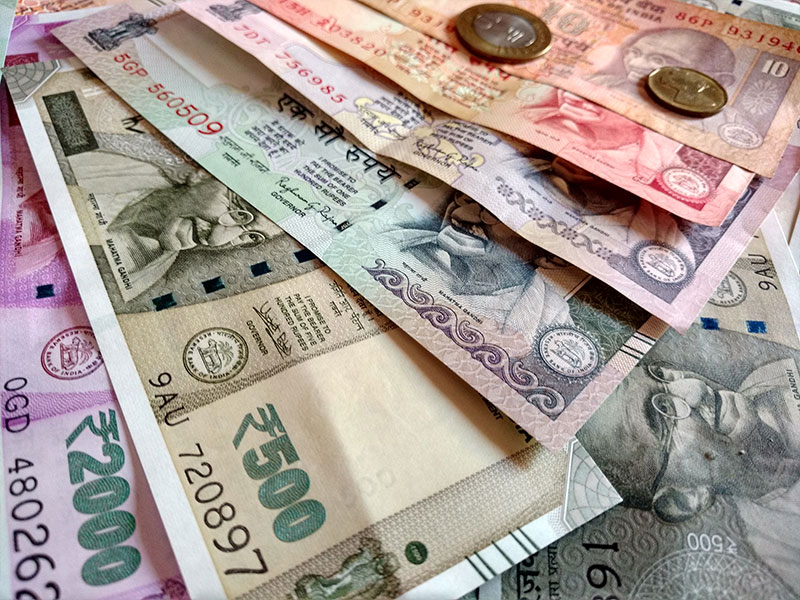In simple words, the process of converting foreign currency liability of the exporter into Indian Rupee liability is called ‘crystallization of foreign currency export bills’. The purpose of crystallization is to transfer the exchange risk involved in a belated receipt of export bill payment to the exporter.
The export bills negotiated/purchased/discounted by a bank are expected to realize on or before Notional Transit Period (NTP) in the case of DP bills and in the case of DA bills on or before notional due date (NDD). The present rate of a foreign currency in relation to Indian Rupees is subject to change according to market movement. Hence, non-realization of the export bill by the due date, there is a risk that the value of the bill may be significantly changed due to adverse movement in the value of denominated currency when the payment actually received at a later date. Therefore, the bank which has financed the bill needs to pass on the exchange risk of overdue bills to the exporter by crystallization of the bill.
When a bill is not paid on due date, the AD bank as per policy formulated by it, will crystallise (crystallize) the foreign currency liability of concerned bill. The bill will be crystalised by selling the liability amount in foreign currency at the prevailing TT selling rate or at the original bill buying rate, whichever is higher and convert the exporter’s liability in Rupee terms. Interest for the overdue period shall be recovered on the date of crystallisation at the appropriate rate and thereafter till the date of recovery of the crystallised amount. Export bills payable in countries with externalisation issues shall also be crystallised as per the policy of AD, notwithstanding receipt of advice of payment in local currency.
The authorized dealers have the freedom to decide-on the period for crystallization of foreign currency liability into Rupee liability, in case of non payment of bill on due date, based on risk factors like credit perception of different types of exporter clients, operational aspects etc. The policy in this regard should be transparently available to the customers. (FEDAI rules7.1 edition ).[Earlier, an overdue bill is crystalised on the 30th day after the NTP/NDD]. In respect of Gems and Jewellery exports, usually, an extended period of 45 days is considered by banks at the request of the exporter. However, in the case of Gems and Jewellery exports banks obtain a specific undertaking from the exporter for such extension period for crystallization of the unpaid bills.
Related Posts:







